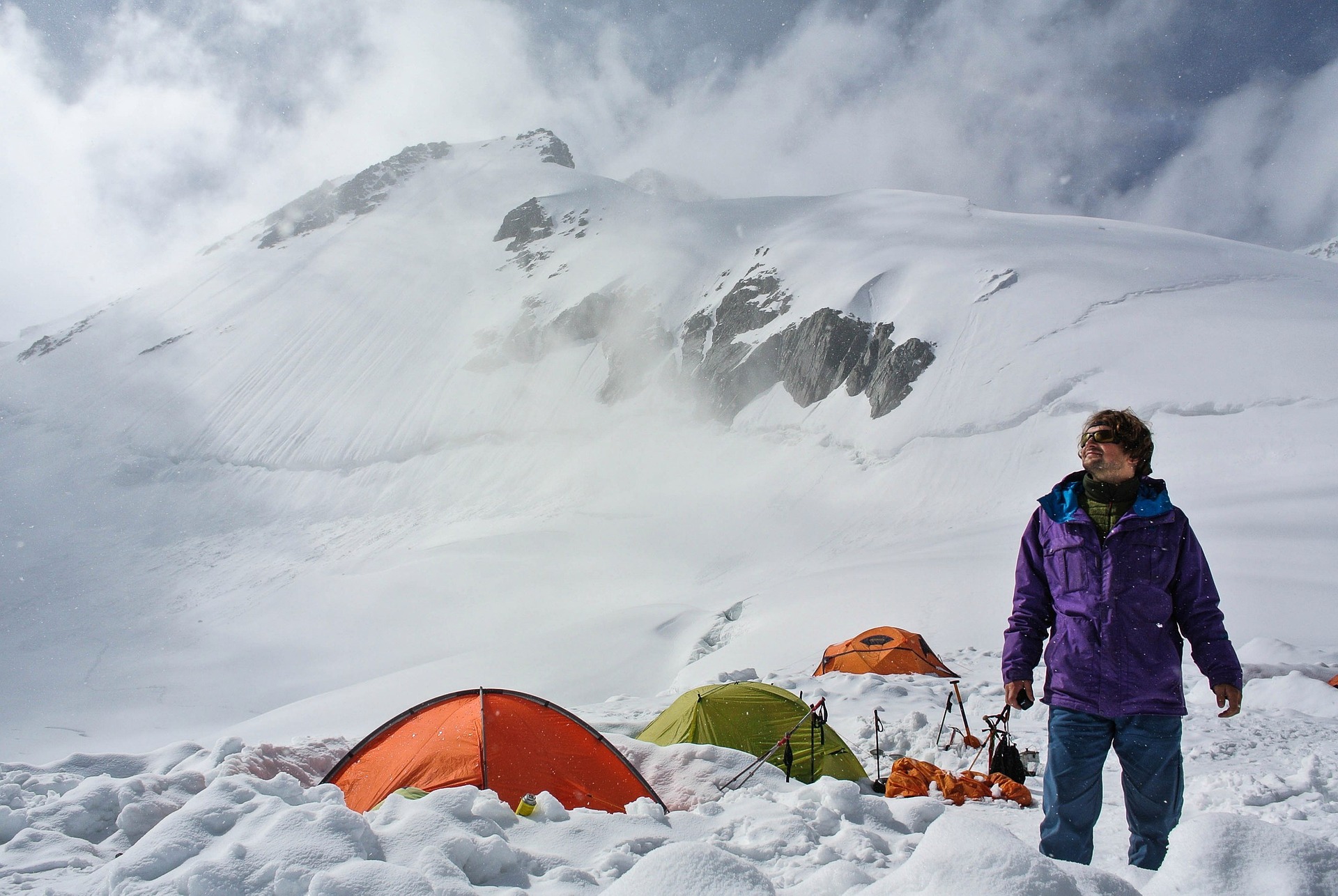
You probably aren’t eager to go camping in the winter, but it is an excellent time for a camping trip. There are fewer people in the great outdoors, which means you will have less competition for prime campsites. And you won’t have to worry about snakes, mosquitoes, and other pests. Camping in the winter can be a great experience because you get to enjoy beautiful wide-open spaces without many other people around. The cold and snow will challenge you and force you into staying indoors, which is good for your psyche! You’ll also see a new beauty in the trees, ice sculptures, huts, and frozen waterfalls – plus there won’t be any bugs. However, winter camping comes with its unique challenges that you must plan for before embarking on your trip. The key is preparation so that your trip goes as smoothly as possible…
Plan Beforehand
Winter camping isn’t like regular camping, so you’ll have to plan your trip accordingly. This is the perfect opportunity to make your camping checklist. You’ll want to check the weather report for the area you want to visit so that you can pack accordingly. You’ll also want to check the condition of the roads leading to the campsites and parks so that you don’t get stuck.
You’ll also need to make sure you have the right gear for winter camping. You’ll need a different tent, sleeping bag, winter boots, and other cold-weather gear. While it may cost more to rent or buy the gear, it’s worth it since you’ll be more comfortable and have a better experience.
Bundle Up
The first and most important thing you need to do is bundle up! You’ll want to wear clothing that is meant for winter conditions and other gear such as gloves, hats, scarves, and so on. You can even wear ski goggles to protect your eyes from the elements like falling snow. You’ll also want to make sure your tent is properly insulated.
If you don’t have an insulated tent, you’ll have to find a way to insulate it. You can do this by putting something between you and the ground such as a tarp or blankets. You can also use special winter camping gear such as insulated sleeping pads.
Take a Small Tent
While you want to be comfortable in your winter camping gear, you don’t want to overdo it. You don’t need to take a tent that would accommodate a family of six. In fact, you should take a smaller tent so that you don’t have extra space to heat. Smaller tents will be lighter and easier to set up as well. You might even want to consider taking a tarp and stringing it up between two trees. This will provide you with some shelter from the elements.
Bring a Stove and Heater
Since you will likely spend more time indoors than in warmer seasons, you need to bring a stove so that you can stay warm. You can also use the stove for cooking meals. We suggest you take a propane or butane stove since these are easier to use than a wood-burning stove.
You should also take a small heater with you. There are smaller heaters available that are designed for camping such as the Dr. Heater CH18 Can Fan Heater. These smaller heaters can be placed inside the tent to keep you warm while you sleep.
Prepare For the Unexpected
One last thing to remember is the unpredictability of the weather. While it will be an amazing sight to witness the gentle snowfall during your outdoor adventure, you must know the warning signs of an incoming storm. If you notice that the snow is sticking to the ground and coming down in large quantities, think about your current activities and remain near your tents or cabin. If the wind picks up and you begin to struggle to see across far distances, it’s best to move inside and find some fun activities to do while the storm passes.
Conclusion
While winter camping can pose a few challenges, it is a very rewarding experience. You’ll get to enjoy lots of quiet time in nature and be challenged by the elements. You’ll also have the opportunity to appreciate the beautiful winter scenery. To make the most of your trip, make sure you plan ahead, bundle up and take the appropriate gear, and don’t forget to bring a small heater to stay warm.


